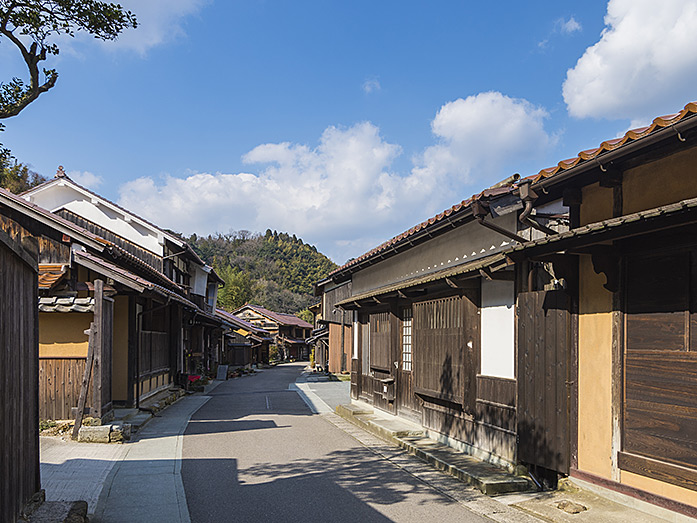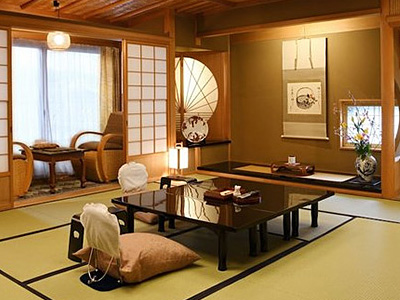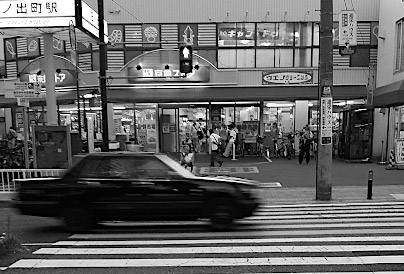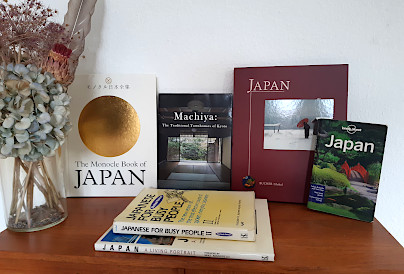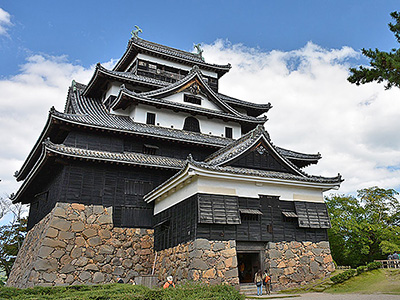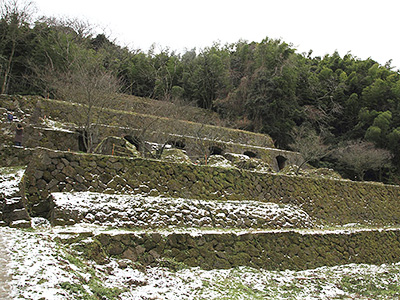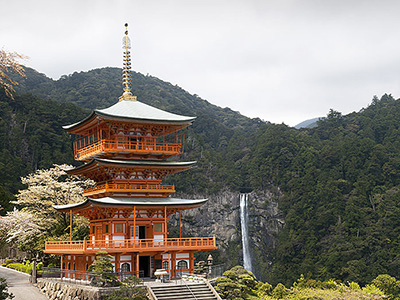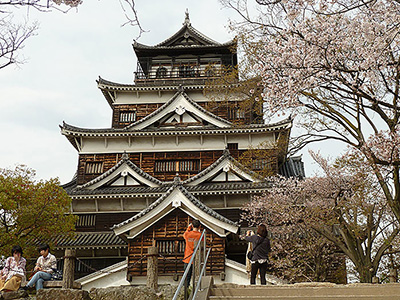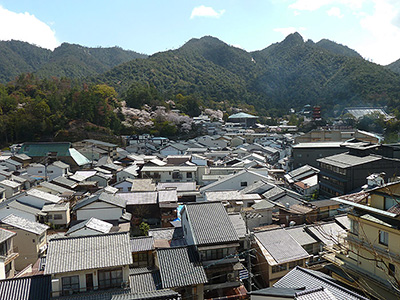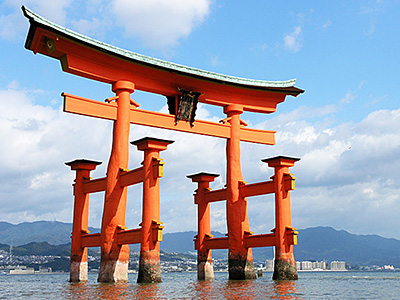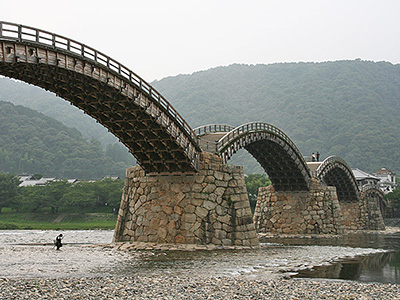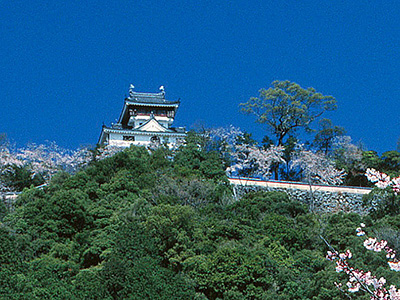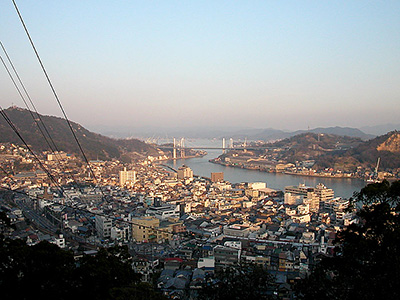Omori Town in Shimane Prefecture
This post can contain affiliate links, which means that we may receive a small commission if you make a purchase using these links.
Facts & Figures
The town of Omori in the Shimane Prefecture was once a boomtown when the Silver mine’s production started. It was a bustling place full of merchants, craftsmen, government employees, and samurais. Today the town has a remaining population of approx. 450 people.
 Buy now and Save >
Buy now and Save >
Since 2004 I have traveled nearly every year to Japan. The rail pass made my life easier to discover all those amazing places in my favorite country.
Nearby you could find hundreds of silver mines of various sizes. The town quickly became the management and administration center of the Iwami Ginzan Silver Mine. Since Omori achieved together with the Iwami Silver Mine the status of a UNESCO World Heritage Site many visitors come here every year. Follow the 1,5km long main road called Omori Street within the Ginzan River Valley and enjoy cafes, restaurants, souvenir shops, galleries, temples, and shrines. The street leads to the Iwami Ginzan Park. Omori has one of the best-preserved historical districts in Japan. You can compare the traditional Japanese architecture with places like Narai and Tsumago in the Kiso Valley. You won't see any modern buildings from the 21st century during your sightseeing tour and all the power and telephone lines are buried. As a first point of contact, you should visit the Tourist Information. The staff is really helpful and English speaking. My tip: Rent a bicycle there and explore this place on your own.
History
Omori Town was once home to a silver mine which provided employment for residents in the region centuries ago before it finally closed its doors in 1923. In the beginning, the nearby Iwami Silver Mine was established in the early 1500s, it was under the direct control of the shogunate. Like most historical boomtowns, Omori (Street) was doomed to suffer after the mine’s production started to decrease in the early 1920’s. This sharp decline caused a huge chunk of the population to move away, which led to the steady decline of what used to be one of the most vibrant streets in Japan. Today, Omori Street is still inhabited by a few elderly residents, most of whom still care for the main street. In 2007 after intense lobbying by the Japanese government, Omori Street and the Iwami Silver Mine, in particular, was named a UNESCO World Heritage Site.
Location
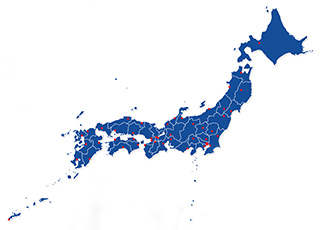
Omori Town is located in the central region of Shimane Prefecture of the Chugoku Region in the city Oda.
Address: 1597-3 I-Omoricho, Oda, Shimane Prefecture
How to get to Omori Town?
- 3,5-4hrs from Tokyo to Okayama by Nozomi or Hikari Shinkansen and
- 2hrs from Okayama to Izumo (Izumo-shi St.) by JR Yakumo limited express and
- 40min from JR Izumo-shi Station to Oda-shi Station by local train and
- 25min from Oda-shi Station to Omori-Daikansho-Ato by Iwami Kotsu bus
Sightseeing spots
in Omori and nearby:
Shogenji Temple - Inside you will find a museum, a main hall with amazing paintings, and an altar.
Kigami Shrine - You will find the shrine at the northern end of the town. The shrine is famous for a dragon painting on its ceiling. Clap your hand underneath the painting and the echoes sound like the roar of the dragon:)
Ryugenji Mabu Mine Shaft - The tunnel, built in 1715, is 273 meters long and it is one of the largest (out of 600). It can also be visited by wheelchair.
Okubo Mabu Mine Shaft - Take a guided tour from the Iwami Ginzan Silver Mine World Heritage Center and explore the by far largest mineshaft ruin in the area.
Iwami Ginzan Silver Mine - It was the largest Silver Mine in Japan, which produced high-quality silver, known as Soma Silver, for over 400 years. At the southwest end of Omori Town, you have to follow a path for approx. 2 km to get to the mine. Read more >
Iwami Ginzan Silver Mine World Heritage Center - It consists of three wings: the exhibition wing, the guidance wing, and the collections and experience wing.
Iwami Ginzan Museum - The former Magistrate’s Office (Omori Daikansho) is housing the museum and is located in Omori.
Shimizudani Refinery Ruins - The refinery was only active for one year. You should explore the huge stone walls there.
Kumagai Family Residence - The house was built in 1801 and designated as an Important Cultural Asset. It is the largest surviving Japanese-style house in the Iwami Ginzan area.
Rakan-ji Temple - The temple, founded in 1766, belongs to the Shingon sect of Buddhism and houses 501 arhat figures (known as Gohyakurakan), showing various expressions of happiness, sadness, and anger.
Yunotsu Hot Springs - It is part of the UNESCO World Heritage Site with a history of over 1300 years. Enjoy a healthy and relaxing hot bath there.
Kawashima Residence - The residence is the only samurai house open to the public.
Festival & Events (dates can change without notice)
June
Aoba Matsuri (festival) (15th)
Traditional ceremonies and processions are performed at temples all over the town to celebrate Kobo Daishi's birthday.
August
Mando-kuyo-e (Candle Festival) (13th)
Thousands of candles are placed along the paths of the Okunoin cemetery.
Where to stay near Omori/Iwami Ginzan Silver Mine?
Book your Japan trip and have a great time
My 100 Best Moments in Japan
I have visited Japan nearly every year since 2004. This is my collection of the 100 best moments in my favorite country. Enjoy the pictures and I hope you will start your own journey soon.
Find out more >
Books about Japan
Reading books is a great source of inspiration for me. Check out my recommended list of books about the fascinating country Japan.
My Book recommendations >

